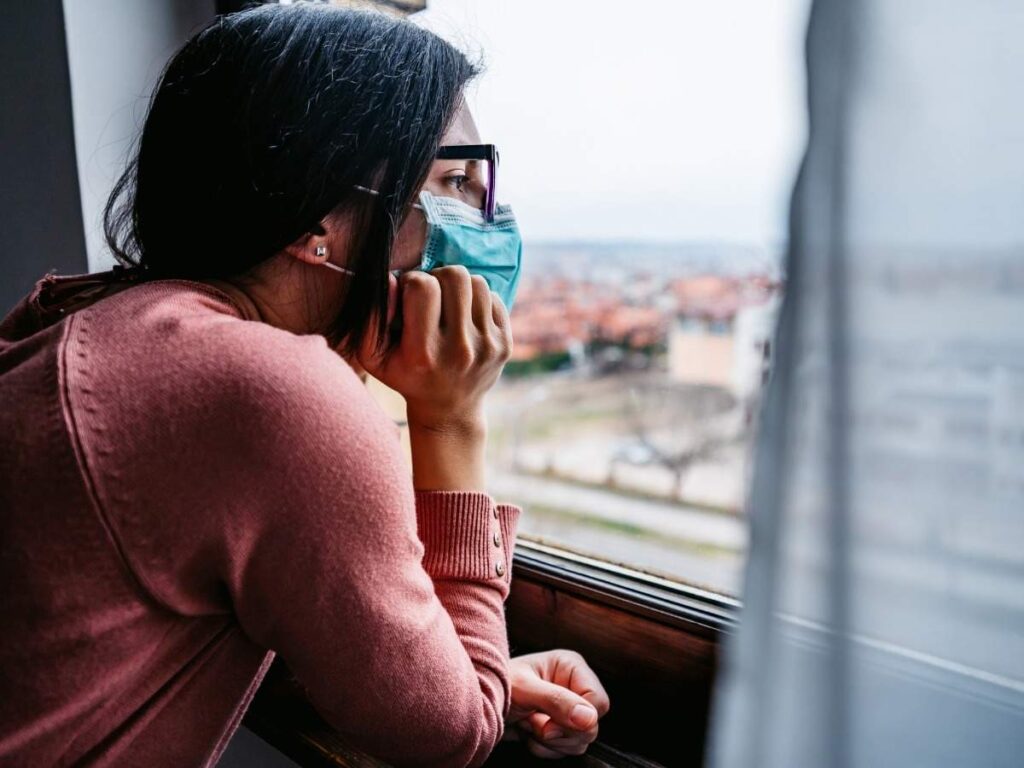The covid-19 pandemic has had a major effect on most aspects of our lives causing elevated stress which is most likely affecting our mental health. In a bid to curb the spread of the corona virus, most of the governments have established quarantine or even total lockdown. As newly diagnosed cases rise by the day and weeks turn into months, the uncertainty of when the pandemic will end is causing a surge in anxiety, a topic that has seemingly been neglected.
Those of us who have to stay home either because we are out of school, are non-essential workers or have recently lost jobs may be faced with disrupted routine, leaving us with a lot of time on our hands and unaccomplished tasks that we struggle to fit into that time. Some people are isolated from families and friends, fearful of falling ill or even having their loved ones get sick, others have had their future plans halt with no idea of when they will resume. Many are also afraid of losing jobs and those with no income sources terrified of the financial crisis that may befall them at any moment. For the essential workers who have to leave their homes every day and interact with other people, there’s the fear of getting infected and worse, taking the disease back home to their loved ones.
All this stress can take a toll on anyone’s mental health or exacerbate already existing mental illnesses if healthy coping mechanisms are not put in place. For instance one may start experiencing hypervigilance, restlessness, racing thoughts, excessive worry, insomnia, and palpitations, signs of anxiety. Having had my fair share of dealing with anxiety, I commend anyone who’s afraid but trying to cope and holding out hope in these uncertain times.
It’s important to realize that it’s absolutely normal to feel stressed and irritable during this crisis. For one to stay healthy it means coping is paramount and while everyone has their own unique methods, I have found that at the most basic level eating healthy, a few minutes of daily exercise, talking to friends over the phone or just walking outside the door for a little sunshine really helps. To create some structure to your day, creating a to-do list and having reminders for important activities on your phone Calendar is of great assistance. There are other numerous creative activities that we can use to distract ourselves from overthinking or channel our frustrations into that are just a click of a button away, thanks to the internet. If the anxiety symptoms persist however, it’s advisable to reach out to a psychologist or a doctor.
If you find this article relatable, know that you are not alone and stay vigilant in ensuring that you are proactive in safeguarding your sanity and that of your loved ones.
By Esther Njeri Karuku

